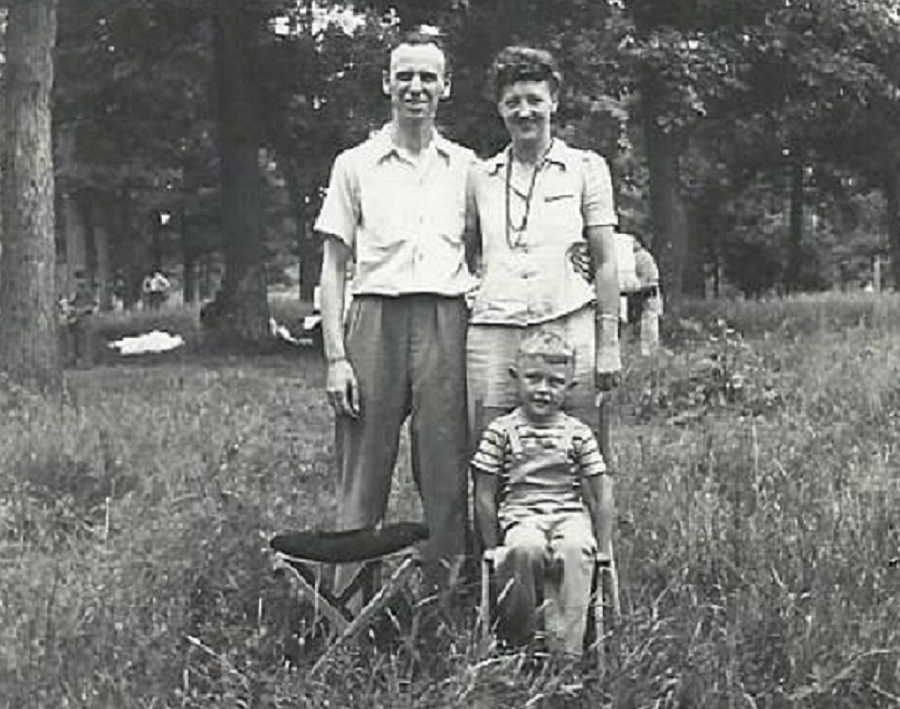From my own adoption experience and as someone who hangs out with adoptees on Facebook, I know many of us have grievances with our adoptions.
Here’s mine. My parents, Claire and Bob, never told Melissa and me we were adopted. Claire and Bob were recovering from the death of their only child, Bobby, when they decided to adopt a baby girl – that would be me. A year later, Melissa joined our family.

Claire and Bob took these “secret” adoptions to their graves. I use the word “secret” ironically since everyone in my family except for Melissa and me knew about our adoptions. I didn’t find out until I was 38 years old. By that time, my parents were both gone so I could not ask them about the adoptions. When I asked my cousins for details, they knew very little so I was left with many unanswered questions.
I don’t like being a late discovery adoptee. Really, who would?
I’ve been thinking about what I would tell a couple planning to adopt a child. I’ve never done it but as a mother, I think I speak for many parents when I say parenthood is a job you can’t really prepare for. Doesn’t matter if you give birth or adopt. No parent knows what she’s getting into when she has a child.
Of course, adopting a child brings with it some special issues. I’ve put together a short list of suggestions for would-be adoptive parents. Call it the “do’s and don’ts” of adoption from the adoptee’s point of view.
• Be straight with your child. Tell her the truth about being adopted. That doesn’t mean you have to reveal every unpleasant detail about the circumstances behind your child’s birth especially if those details are painful. Tact is not a bad thing especially with a little one.
But you owe it to your child to be honest. Yes, adoption is complicated. It’s also one more way to create a family so why hide the truth? Besides, isn’t it better that the truth comes from you rather than having your child discover the facts on her own? Believe me, if you choose not to tell her, she will find out anyway.
• Don’t play favorites. I cringe when I hear stories from adopted adults who are scarred, having been made to feel like second-class citizens compared to their parents’ biological siblings.
Note to parents: don’t bother adopting if you don’t have a big enough heart to love the child the same way you do your natural offspring. No one ever said blending a family would be easy but I assume as an adopter, you chose to bring a non-biological child into your home. Nobody forced you to do it. So make the best of the situation, no matter how tough it is. Bend over backwards to make your adopted child feel loved and protected. Be sensitive to her feeling of being different. Whatever you do, don’t make her feel second-class by treating her differently than the other kids in the house.
• Don’t feel threatened. At some point, your adopted child will want to know about her origins. Don’t take it the wrong way when your child asks questions about her birth mother or father. Don’t be offended when she embarks on a search for facts about her biological family. Don’t be hurt when she wants to meet with her blood relatives in person. Understand that your child’s curiosity and need to know are natural.
If you are not adopted, you probably have known about your family since Day One. Your mom and dad filled you in on the story of your birth and the details about your first days of life on this planet. You’re not curious because you know your story. If anything, you take it for granted.
Put yourself in your child’s shoes. If you were adopted, wouldn’t you want to know about your first family? Be supportive of your child’s desire to learn about her kin. Oh, and if you happen to know things about your child’s other family, it’s time to come forward. Don’t be an obstacle in your child’s search for truth. She will appreciate your love and support.
• Educate yourself as much as you can. If you plan to adopt a child from overseas, go into it with your eyes open. Ask questions. Do your homework. Many children from faraway countries have been hurt. They may have health and behavioral problems that you’ve never heard of. Can you make a lifelong commitment to loving and helping a troubled child? It won’t be easy.
Last year, Reuters exposed the underground practice of “rehoming,” where unhappy parents seek new homes for the kids they regret adopting with no official regulation or oversight. Vulnerable children, many from foreign countries, have ended up in the hands of unfit even dangerous people.
Until I read the articles by Reuters, I never knew giving up was an option for adopters. The idea of adopting a child and then changing your mind when the going gets tough makes me angry. When you adopt a kid, you make a commitment to loving and raising the child. It’s not a consumer purchase.
Before you adopt, ask yourself if you have what it takes to be a good mom or dad even when things become difficult. Maybe you’re up for the challenge. Or maybe not?
